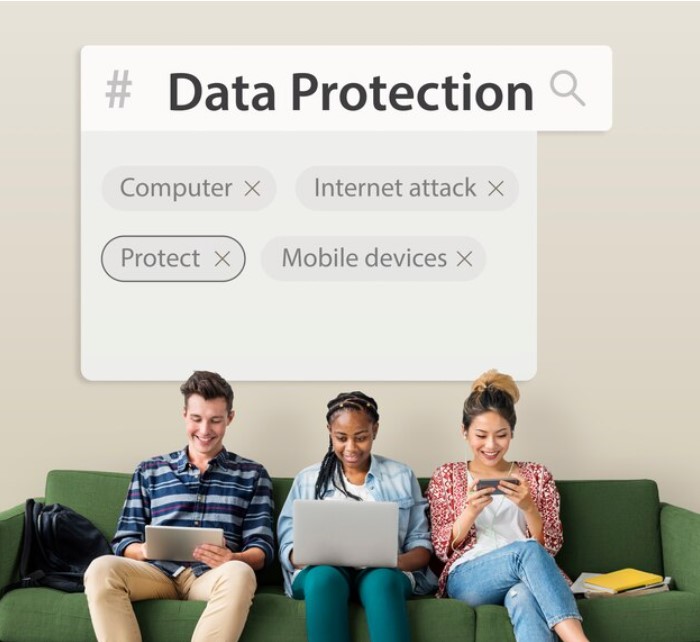In 2024, the digital world continues to evolve, bringing with it concerns about online privacy and security. Virtual Private Networks (VPNs) have become a popular tool for many internet users seeking to protect their online information. In fact, VPNs have been around for quite some time now. However, using a VPN isn’t without its trade-offs.
This article aims to delve into the various pros and cons of VPNs, providing insight into whether they are a necessary tool for your online activities. With privacy increasingly under the microscope, understanding these aspects of VPNs is more important than ever.
Pros of VPNs
Online Privacy
In 2024, online privacy remains a paramount concern. VPNs address this by encrypting data transmitted from your device, making it difficult for cybercriminals to access sensitive information like passwords and financial details. By also masking your IP address, VPNs help disconnect your online activities from your real-world identity, offering a cloak of anonymity on the internet.
Bypassing Geo-Blocks
The world is more connected than ever, yet digital borders still exist. VPNs provide a key to unlocking geo-restricted content, allowing you to access information and entertainment not available in your region. By connecting to servers in different countries, VPNs let you traverse digital borders with ease.
Data Protection
VPNs strengthen your digital defence by using various tunnelling protocols, creating a secure connection between your device and the internet. These protocols, such as OpenVPN and L2TP/IPsec, not only encrypt your data but also ensure its integrity, safeguarding it from tampering and interception. This layer of protection is crucial in an era where data breaches are increasingly common.
Cons of VPNs
Slower Internet Speeds
One of the major downsides of using a VPN in 2024 is the potential reduction in internet speed. This slowdown occurs due to the encryption process, which requires additional processing power and the often longer route data takes through a VPN server. The extent of the slowdown can vary depending on the VPN service and the distance to the chosen server.
Increased Latency
For activities requiring real-time communication, such as video calls or online gaming, latency is a critical factor. VPNs can increase latency, especially when the server is far from your location. The time data takes to travel (ping) increases, which can impact the smoothness of real-time interactions online.
Risk of Account Blocking
Frequent changes in IP addresses through VPN use can trigger security alarms on many online platforms. This can lead to accounts being temporarily blocked or subjected to additional verification steps, as such activity can sometimes be mistaken for unauthorised access. This aspect is particularly relevant for those who regularly access their accounts from different geographic locations via a VPN.
Making the Decision: Should You Use a VPN?
Deciding whether to use a VPN in 2024 hinges on balancing the pros and cons in the context of your specific online needs. If privacy, security and accessing geo-restricted content are your priorities, a VPN is an invaluable tool. It’s particularly useful for users who handle sensitive data or want to enjoy a global internet experience. If you’re not particularly tech savvy, opt for a pre-configured VPN router.
However, if your online activities are heavily impacted by speed and real-time interactions, the potential slowdown and increased latency with VPNs are crucial factors to consider. Weighing these aspects against the backdrop of your internet usage patterns and security requirements will help you make an informed decision about using a VPN.
To VPN or Not to VPN?
In 2024, VPNs remain a significant tool for enhancing online privacy and security, despite certain drawbacks like slower speeds and potential account blocking issues. The decision to use a VPN should be based on a careful assessment of your individual online needs, prioritising what matters most to you – be it security, privacy, or uninterrupted speed.
As the digital landscape continues to evolve, staying informed and adaptable in your choices will help you navigate it safely and effectively. Ultimately, VPNs offer a powerful means to protect your digital life, with a need for balanced consideration of their advantages and limitations.
 seolounge
seolounge